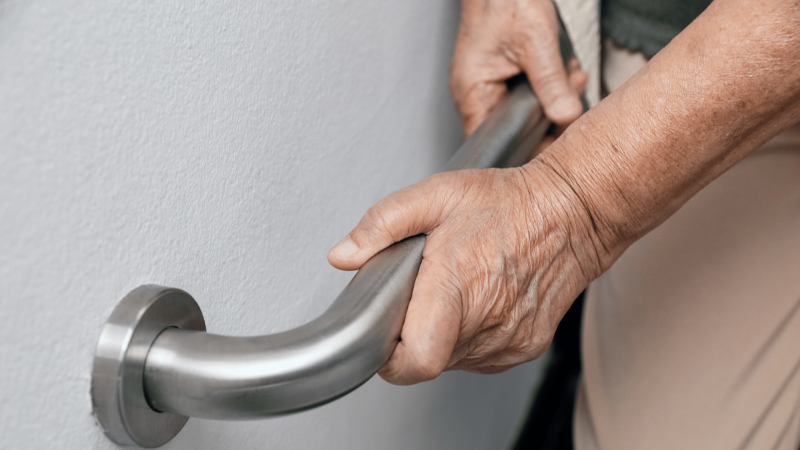The Importance of Male Friendships in Senior Communities
Moving into an assisted living community represents a significant life transition. While…
Traditions Senior Care Team | November 03, 2024
Winter can be a beautiful time of year, but it also brings unique challenges, especially for older adults. As we age, our bodies become more sensitive to cold temperatures, increasing the risk of hypothermia and other health issues. However, with a few simple precautions, seniors can stay safe and comfortable throughout the winter months.
National Institute on Aging (NIA) Cold Weather Safety for Older Adults. National Institutes of Health (NIH). https://www.nia.nih.gov/health/safety/cold-weather-safety-older-adults
Winter can be especially challenging for seniors living alone or with limited mobility. Here are some essential tips to ensure indoor comfort and safety for seniors during winter:
Falls are a major concern for seniors, especially during winter when icy conditions and reduced mobility increase the risk. Here are some tips to prevent falls:

While staying warm indoors is important, there may be times when seniors need to venture outdoors. Here are some tips for staying safe and healthy during outdoor winter activities:
Winter can be a challenging time for seniors, but with careful planning and precautions, it’s possible to stay safe and healthy. Here are the key points to remember:
By following these outdoor safety tips, seniors can enjoy winter activities while minimizing the risks associated with cold weather. Remember, it’s important to listen to your body and avoid overexerting yourself in cold conditions.
Moving into an assisted living community represents a significant life transition. While…
Moving into an assisted living community represents a significant life transition. While…
Dementia and Alzheimer's disease present unique challenges, not only for the individuals…